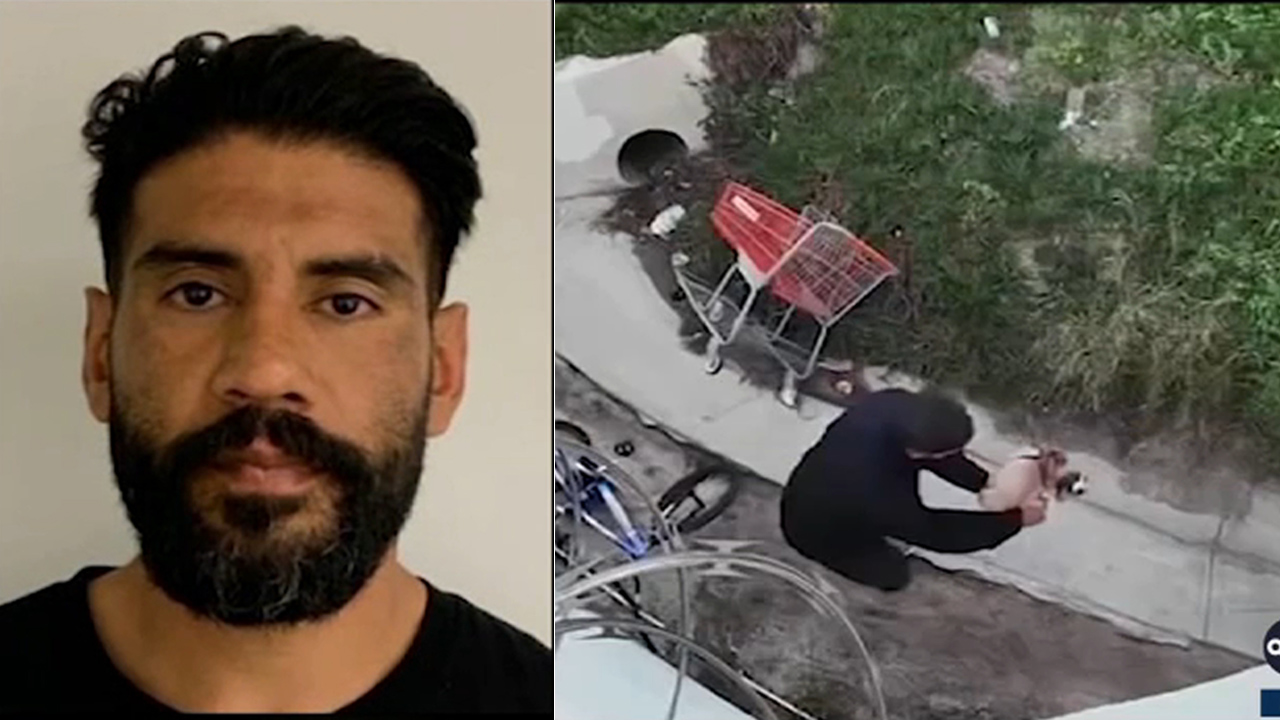Coronavirus: USC Verdugo Hills Hospital prepares for COVID-19 patient surge, makes extra accommodations for frontline workers

GLENDALE, Calif. (KABC) -- When emergency department nurse Shannon Wood goes to work, she never knows what awaits her.
"We don't always know if they're COVID-19 positive because we are in the E.R.," she said. "We're the first people they see. So, they could have anything."
Before this pandemic, Wood worked two 12-hour shifts per week. Now she's up to five shifts as USC Verdugo Hills Hospital enters its most acute stage of patient surge preparations.
"We see the curve starting to go up," Emergency Department Chief Dr. David Tashman said.
RELATED: Latest coronavirus updates for Southern California
After talking to other hospital emergency room personnel going through a surge, Tashman said he's doing what they wish they could've done.
"Expanding the E.R. again by 11 more beds. We went from 20 to 26, and now we're adding 11 onto that and upstairs we're adding six additional ICU beds," he said.
In the emergency department, every suspected COVID-19 patient gets seen by a nurse, but through a video screen.
"The vast majority, we can screen by tele-medicine. We get vital signs, we can get their oxygen. We have a pulse oximeter that can tell if they're getting enough oxygen and we can do a lot by video," Tashman said.
Doing virtual assessments in the E.R. not only protects healthcare workers, it'll significantly cut down on the amount of personal protective equipment used.
"We're burning through them really fast," Tashman said.
He finds most patients do well with virtual care.
"If that's 10, 20 or 30 patients a day, that's 30 sets of PPE that didn't need to get used up," he said.
When Wood goes home to her family, she takes the proper precautions. But even then, she's very careful.
"I don't kiss my kids or my husband on the face. When I hug them, I have them back into me so I'm hugging their backs," she said.
With her longer hours, Wood is grateful the hospital is helping employees with groceries, baby-sitting and alternative housing. The best thing the community can do for Wood and others on the front lines is to stay apart and stay well.
"The only people we really want to come in are the people who need to be hospitalized," Tashman said.
Wood is hopeful lessons can be learned from the response to the pandemic.
"When all this is said and done, I hope it looks like we over-reacted and over-prepared because that means it worked," she said.
What does COVID-19 do to your body and how it is spread so easily?









